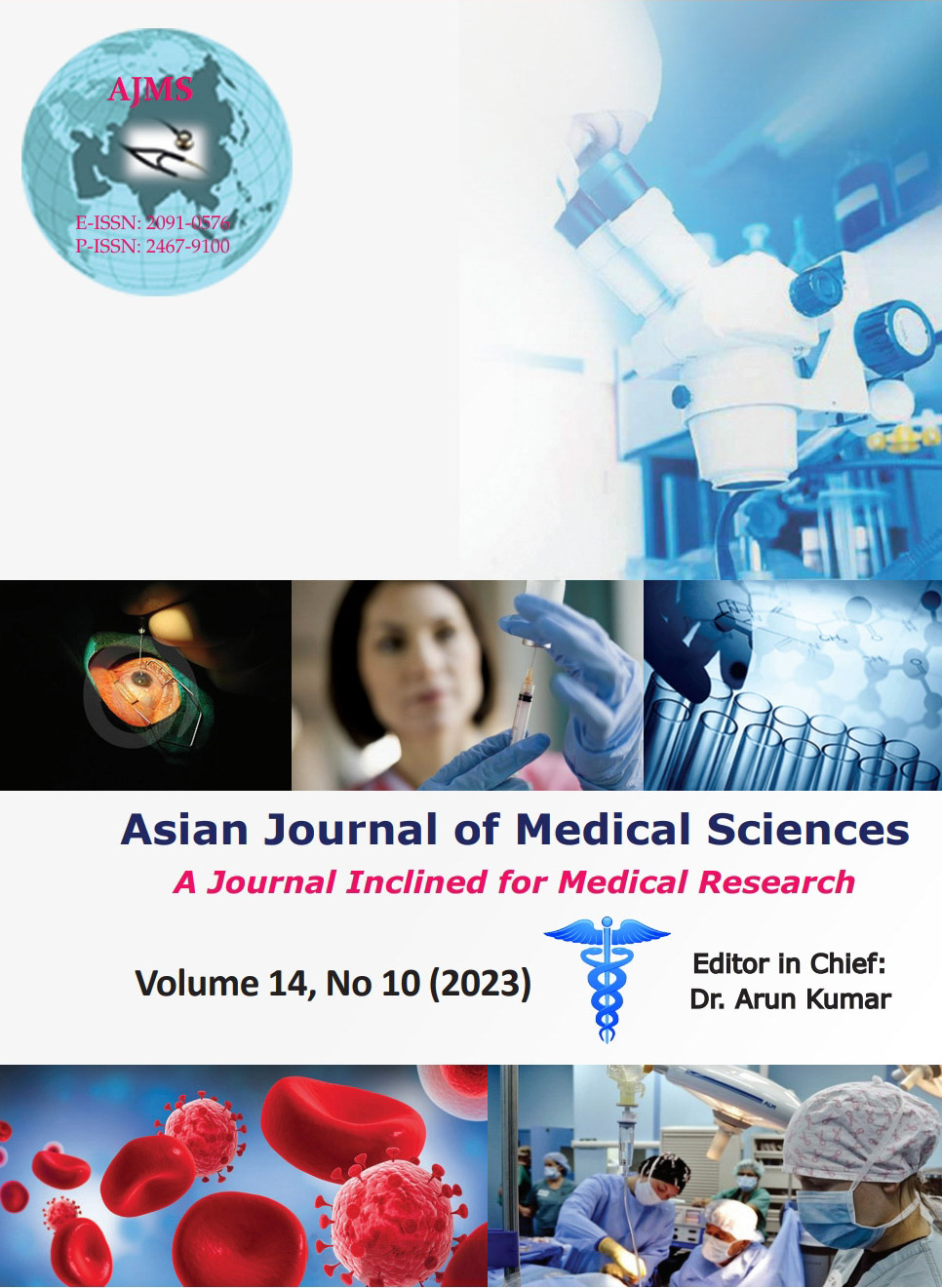Comparison of efficacy between intravenous clonidine and dexmedetomidine as pre-medication in attenuating hemodynamic stress responses during laparoscopic cholecystectomy
Keywords:
Clonidine; Dexmedetomidine; Laparoscopic cholecystectomy; Stress response; PneumoperitoneumAbstract
Background: Laparoscopic cholecystectomy is a commonly performed surgery and stable intraoperative hemodynamic status is desirable during pneumoperitonium. Clonidine and dexmedetomidine (alpha-2 adrenergic agonist) were used in this study to attenuate the stress response of pneumoperitoneum because alpha-2 adrenergic agonists help in the attenuation of neuroendocrine and hemodynamic responses to surgery and anesthesia, due to its sympatholytic action.
Aims and Objectives: The aims and objectives of the study are to conduct a comparative evaluation of clonidine and dexmedetomidine as pre-anesthetic medication for the attenuation of hemodynamic changes during laparoscopic cholecystectomy surgeries.
Materials and Methods: Eighty patients of either sex, aged 20–50 years, complying to the American Society of Anesthesiologists physical status I-II, scheduled for elective laparoscopic cholecystectomy under general anesthesia were divided into two equal groups to receive either clonidine 1 mg/kg (Group-C, n=40) or dexmedetomidine 1 mg/kg (Group-D, n=40), both injected through intravenous route as 15 mL volume with normal saline. Heart rate, systolic blood pressure, diastolic blood pressure, mean arterial pressure, and SpO2 were measured before and after giving the study drugs, before and immediately after pneumoperitoneum, and then, at 10, 20, 30, 40, and 50 min of pneumoperitoneum.
Results: Statistically significant difference was observed in heart rate in the dexmedetomidine group constantly since giving study drug, immediately after the creation of pneumoperitoneum, and then, 10, 20, 30, 40, and 50 min after pneumoperitoneum. Systolic, diastolic, and mean blood pressures were found to be significantly lower in Group D (except after administering study drug), immediately after creating pneumoperitoneum, and 10, 20, 30, 40, and 50 min after pneumoperitoneum.
Conclusion: Dexmedetomidine as pre-medication is more efficacious in attenuating hemodynamic stress responses in laparoscopic cholecystectomy surgeries compared to clonidine as pre-medication.
Downloads
Downloads
Published
How to Cite
Issue
Section
License
Copyright (c) 2023 Asian Journal of Medical Sciences

This work is licensed under a Creative Commons Attribution-NonCommercial 4.0 International License.
Authors who publish with this journal agree to the following terms:
- The journal holds copyright and publishes the work under a Creative Commons CC-BY-NC license that permits use, distribution and reprduction in any medium, provided the original work is properly cited and is not used for commercial purposes. The journal should be recognised as the original publisher of this work.
- Authors are able to enter into separate, additional contractual arrangements for the non-exclusive distribution of the journal's published version of the work (e.g., post it to an institutional repository or publish it in a book), with an acknowledgement of its initial publication in this journal.
- Authors are permitted and encouraged to post their work online (e.g., in institutional repositories or on their website) prior to and during the submission process, as it can lead to productive exchanges, as well as earlier and greater citation of published work (See The Effect of Open Access).




